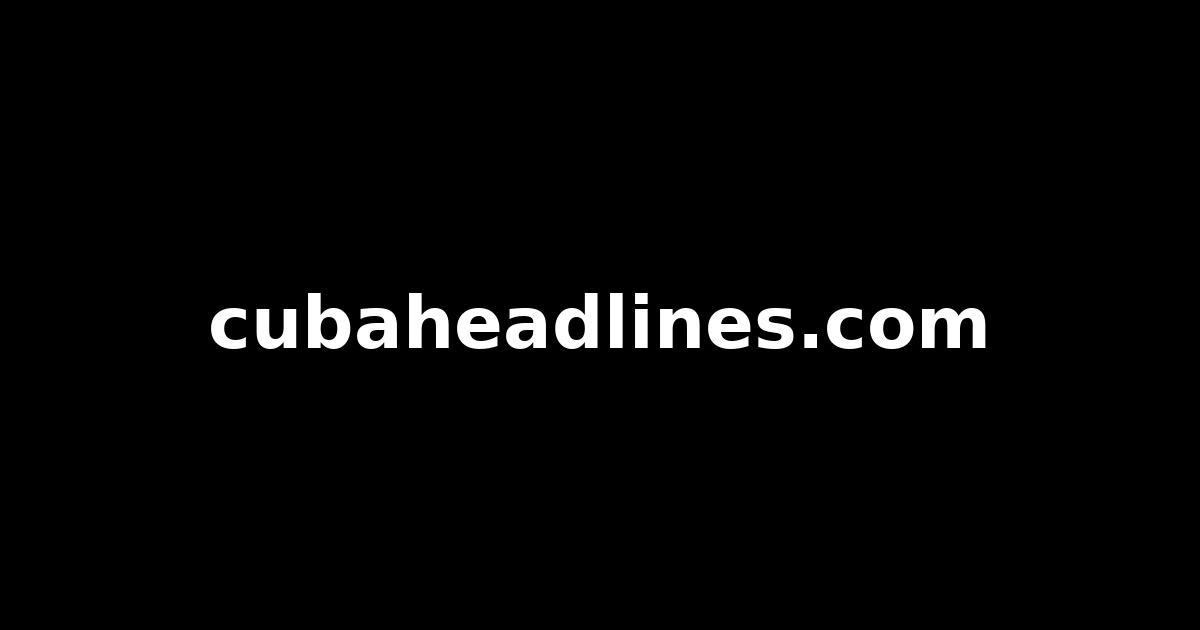More Cuban Missile Crisis documents to be released
- Submitted by: lena campos
- Politics and Government
- 10 / 12 / 2012

As the 50th anniversary of the Cuban Missile Crisis approaches, an additional seven boxes of material from the Robert F. Kennedy Papers, including documents from the autumn that took the U.S. to the brink of nuclear war, will be released Thursday morning.
More than 2,700 pages of documents, which are housed at the John F. Kennedy Presidential Library in Boston, will be released online at 8:30 a.m. at www.jfklibrary.org and also will be available in the Research Room of the library.
The documents, which are being released by the National Archives and Records Administration and the Kennedy Library, include those that relate to Robert F. Kennedy in his capacity as attorney general as well as his role as advisor to his brother, President Kennedy.
They include memos, correspondence, reports, notes from Executive Committee meetings and CIA and State Department telegrams and cables — most dealing with the U.S. relationship with Cuba from 1961 to 1963. Those tumultuous years included the Cuban Missile Crisis as well as the Bay of Pigs Invasion.
On Oct. 15, 1962, analysts at a photo intelligence center funded by the CIA began looking at film from a U.S. aerial reconnaissance flight over Cuba the previous day. While the United States knew the Soviets had placed defensive missiles along the Cuban coast, what they saw on the film was the first clear indication that there also were offensive nuclear weapons on Cuban soil.
President Kennedy was informed of the missiles on the morning of Oct. 16 and later reconnaissance flights revealed 33 missiles. But it wasn’t until decades later at a ground-breaking conference on the crisis in Havana that Soviet Gen. Anatoly I. Gribkov, who was in charge of the secret deployment of men and missiles to Cuba, disclosed the Soviets had actually deployed 45 nuclear warheads, including nine short-range or tactical nuclear rockets that the United States had never detected.
From the onset of the October crisis, President Kennedy made it clear that a Soviet nuclear presence in Cuba wouldn’t be tolerated. He even went so far as to prepare a draft speech that began: “This morning, I reluctantly ordered the armed forces to attack and destroy the nuclear buildup in Cuba.’’
While he never delivered that speech and the 13-day confrontation with the Soviets was resolved peacefully, the United States and Soviet Union were far closer to nuclear war than anyone knew in 1962.
Gribkov said Soviet commanders in Cuba were authorized to use those nine tactical weapons to repel an invading force — meaning there would have been almost certain nuclear war had the United States chosen to invade.
Robert Kennedy’s “papers will allow scholars and citizens alike to better understand how the super powers avoided going over the brink of nuclear war,” said Peter Kornbluh, senior analyst at the National Security Archives, a Washington research organization. He is in Boston and plans to delve into the newly released documents first thing on Thursday.
“Attorney General Robert F. Kennedy played a crucial role in the peaceful resolution of the crisis, and researchers and the public are keenly interested in the information and insights contained in these documents.” said David S. Ferriero, archivist of the United States.
While most of the material will be open, some documents will be restricted because they contain classified material, according to the Kennedy Library.
Source: Kansas City.com
Comments